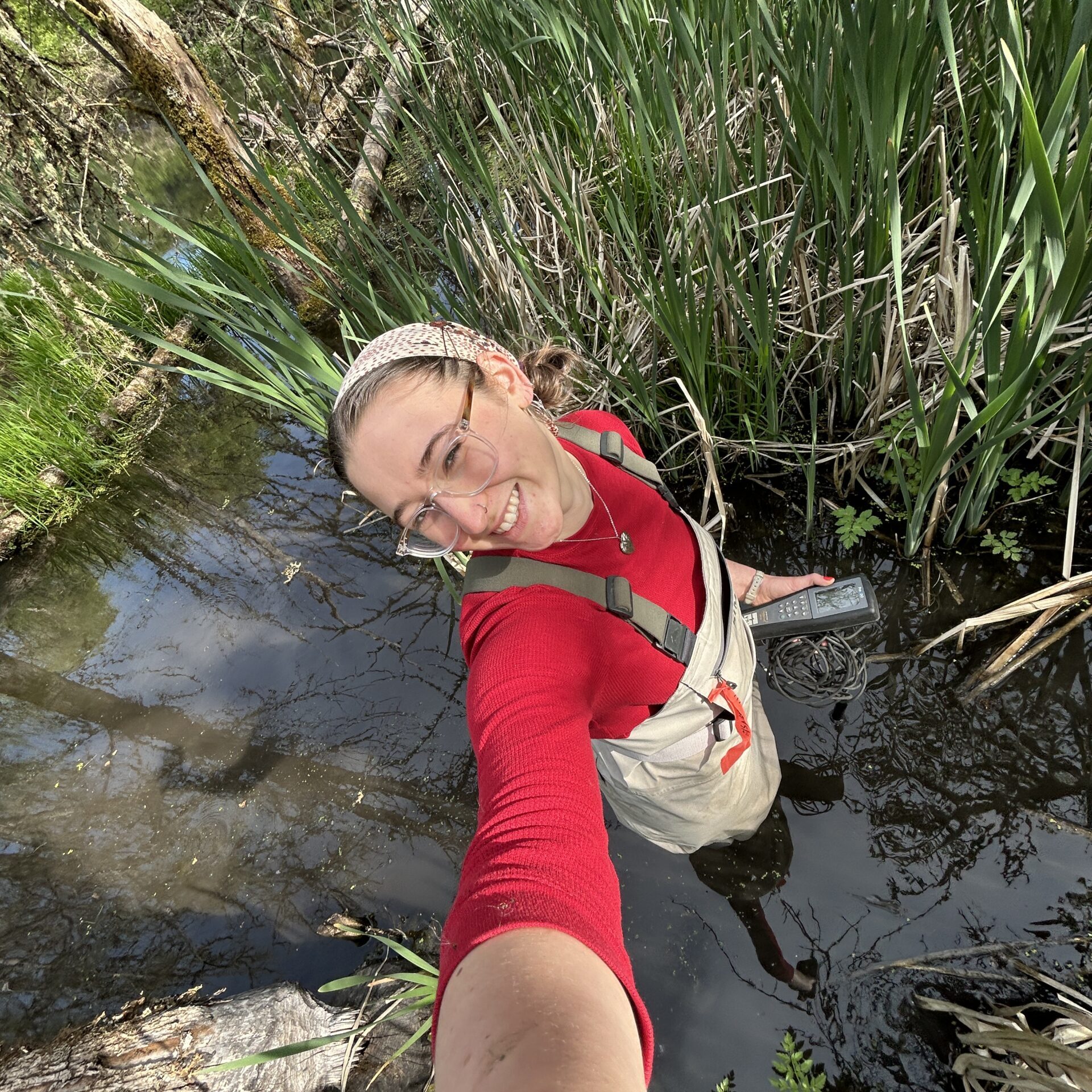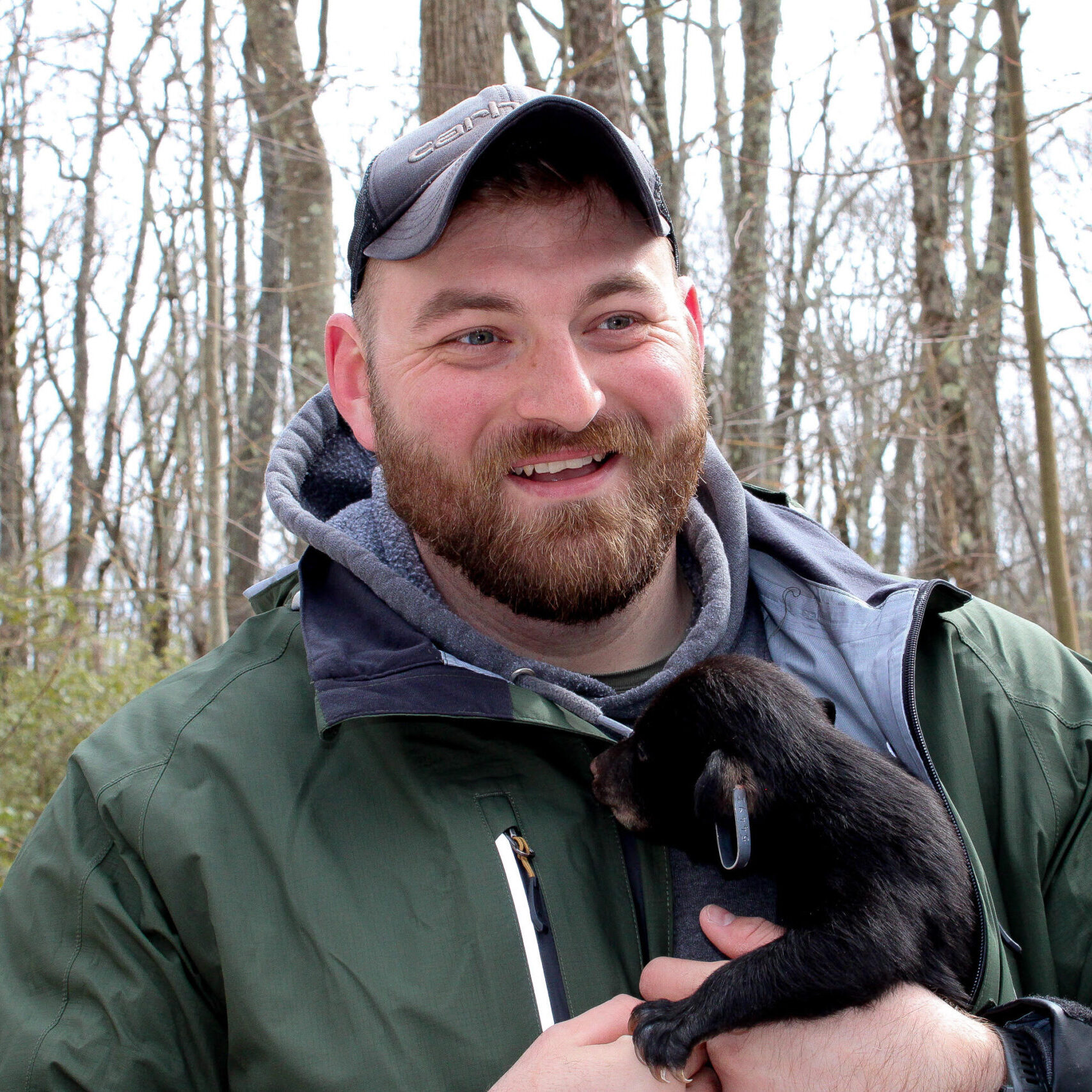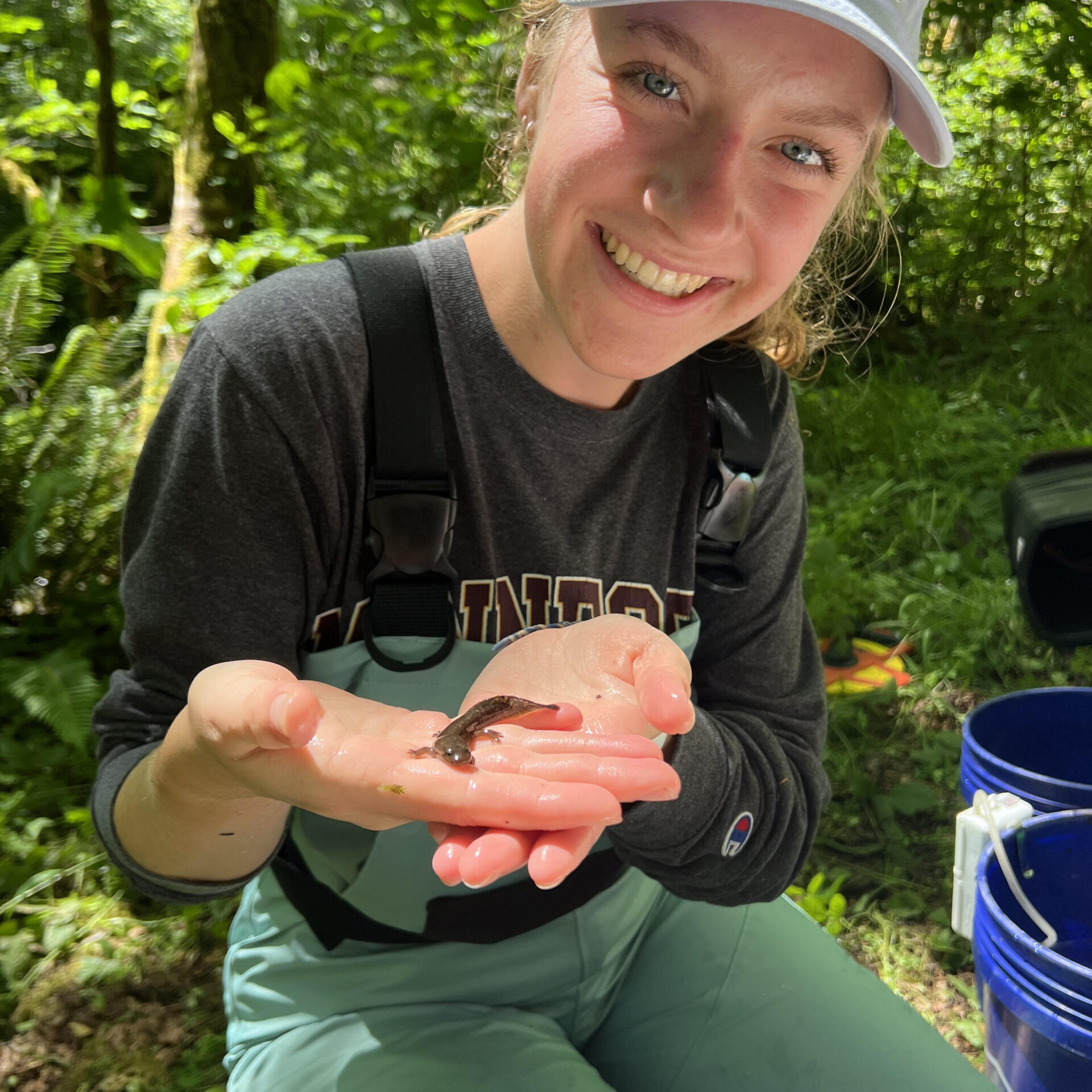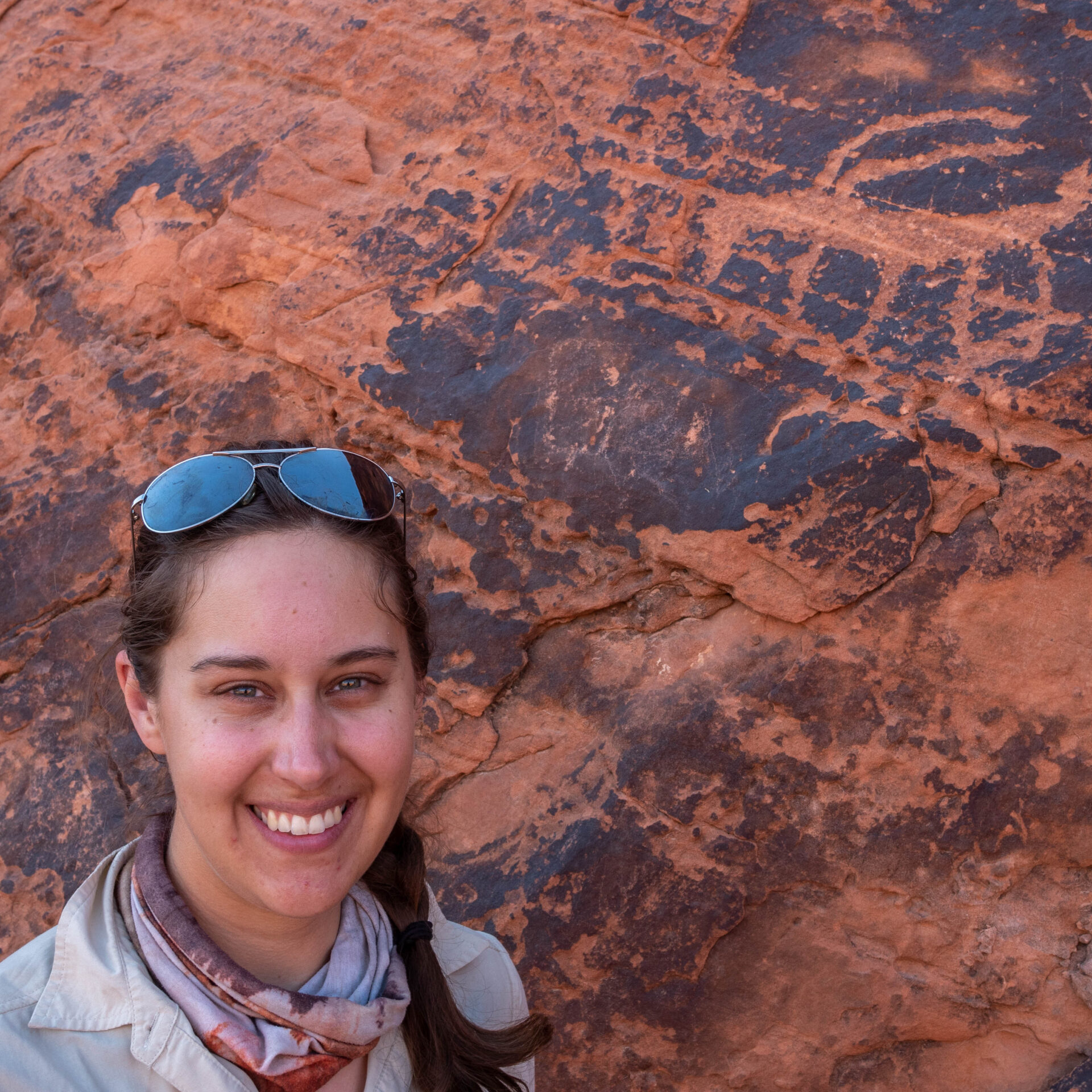2026 Scholarship Application Cycle
Application deadline - December 31, 2025
Thank you for your interest. The application period is now closed.
The mission of ORTWS includes Inspiring, empowering, and enabling Oregon's wildlife professionals and students to promote science-based wildlife conservation and management through the participation and leadership of an open and inclusive community of members.
 A central part of this mission is fostering career development—especially by supporting students and their research. ORTWS Scholarships are designed to recognize students who show strong potential to contribute to the field of wildlife science or management through research, education, outreach, or applied work.
A central part of this mission is fostering career development—especially by supporting students and their research. ORTWS Scholarships are designed to recognize students who show strong potential to contribute to the field of wildlife science or management through research, education, outreach, or applied work.
Each year, ORTWS awards four (4) scholarships to students pursuing careers in wildlife conservation, management, or research in Oregon.
We welcome applications from both undergraduate and graduate students enrolled at Oregon academic institutions, who aspire to a wildlife career in Oregon. One of our scholarships is dedicated to non-traditional undergraduate students.
- If selected, the student commits to attend the upcoming Annual Conference to receive the Scholarship. (The student can communicate any challenges to this in their application.)
- Applicants should currently live, study, conduct research, or within the past year worked in Oregon.
Please see below for eligibility criteria. To apply, please submit a copy of your resume AND answers to our Student Scholarship Application Questionnaire.
Thank you for applying for an Oregon Chapter of The Wildlife Society Scholarship!
Available Scholarships
 Outstanding Undergraduate Student Scholarship ($600) *Awarded to a full-time undergraduate student
Outstanding Undergraduate Student Scholarship ($600) *Awarded to a full-time undergraduate student
Kathy Johnson Outreach Scholarships ($600) *Awarded to a full or part-time undergraduate or post-baccalaureate student Additional Eligibility Criteria: must be a non-traditional student (i.e. older returning student, single parent, or student making a career shift into natural resources) OR a student facing real-world issues or challenges related to class, culture, ethnicity, gender, gender expression, age, language, race, ability, and/or sexual orientation.
Outstanding New Graduate Student Scholarship ($1000) *Awarded to a full-time graduate in their first year of study
Advanced Graduate Student Scholarship ($1000) *Awarded to a full-time graduate past their first year of study
2026 Scholarship Recipients
Outstanding Undergraduate Student Scholarship: Bayly Kahle

My name is Bayly Kahle, and I am an undergraduate student in Fisheries, Wildlife and Conservation Science studying at Oregon State University. My current research focuses on characterizing dissolved oxygen within and among beaver ponds. I am incredibly interested in community ecology interactions throughout riparian ecosystems. Previous work in the T3 watershed in Washington introduced me to partnerships with commercial logging and restoration efforts, as well as population sampling for juvenile salmonids. My experience has guided me towards emphasizing science communication through leadership roles as the Vice-president of the OSU Fish and Wildlife club as well as volunteering as a bilingual classroom assistant. I hope to continue promoting science communication through a variety of lenses. As an upcoming graduate I hope to continue towards a career that intersects community ecology with community outreach.
Outstanding New Graduate Student Scholarship: David Pearce

Dave is a PhD student in the Department of Fisheries, Wildlife, and Conservation Sciences at Oregon State University. His dissertation research focuses on understanding the genetic structure, connectivity, and hybridization of deer species across Oregon, and how genetic diversity influences bighorn sheep population viability. This work will inform management objectives and identify populations that may require management action.
Prior to his doctoral research, Dave studied the population genetics of African savanna elephants and Masai giraffes and developed quantitative models to estimate white tailed deer and Northern bobwhite quail abundance. Dave advocates for science-based management, communication, and collaborations as essential tools for the sustainable management and conservation of wildlife and natural systems.
Kathy Johnson Outreach Scholarship: Linnea Gebauer

Linnea Gebauer is a Fisheries, Wildlife, and Conservation Sciences student at Oregon State University. Surveying beaver habitat in southern Oregon was her introduction to the field, as well as her inspiration to transfer to OSU to study wildlife and conservation. Learning about the ecosystem engineering capabilities of beavers further inspired her to study wetland ecosystems and riparian restoration. Linnea also has a background in science communication, particularly through film and video editing. She participated in a year-long volunteer program presenting STEM workshops in elementary classrooms across Los Angeles, and she hopes to continue this science communication and education work to increase accessibility in science and promote conservation efforts. As she completes her undergraduate degree at OSU, Linnea is looking forward to graduate school and a future career studying community ecology in aquatic habitats.
Advanced Graduate Student Scholarship: Lindsay Millward

Lindsay Millward is a PhD candidate in the Department of Fisheries, Wildlife, and Conservation Sciences at Oregon State University. Since joining the Epps Lab in 2020, her research has focused on desert bighorn sheep in the Mojave Desert of southern California, examining how individuals adjust their behavior to cope with extreme temperatures and how diet, water use, and space use shape those responses. This work advances our understanding of bighorn sheep natural history while providing insight into the limits of behavioral flexibility in an increasingly arid desert landscape. Prior to her PhD, Lindsay worked on a range of small mammal community and population ecology projects across the Pacific Northwest, including an ongoing role in a long-term monitoring effort examining how mammals interact with roads through the I-90 Snoqualmie Pass East Project in Washington. In addition to research, she finds joy in teaching and supporting undergraduate students, particularly through mentorship and hands-on learning. After graduating, she hopes to build a career that weaves together research, teaching, and mentorship in service of training the next generation of wildlife scientists.
